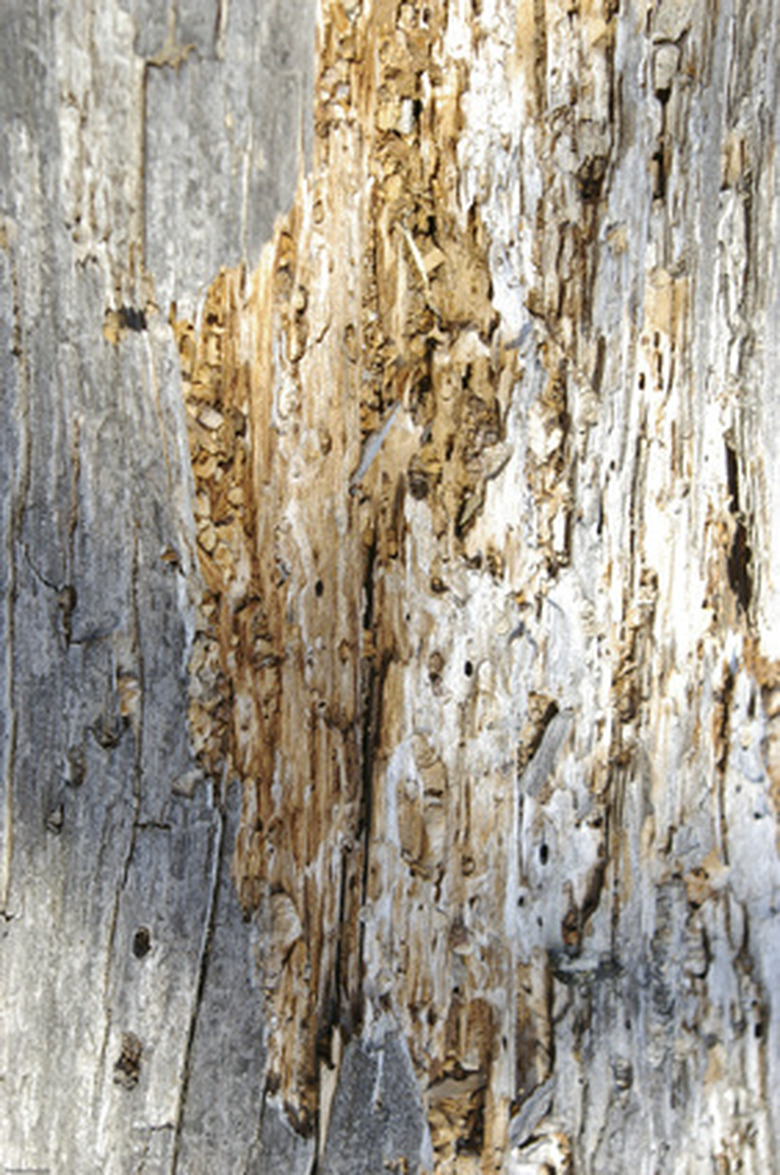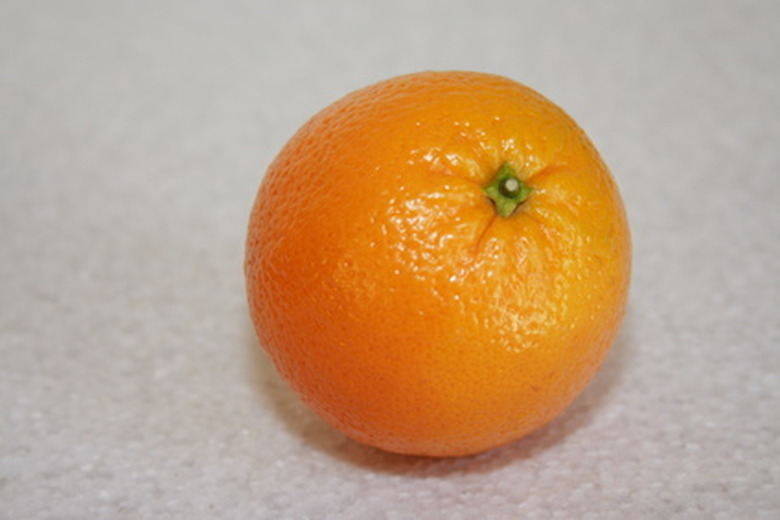Natural Ways To Repel Termites
Termites are masters of destruction, and repairing the damage they cause to your home can cost thousands of dollars. Getting rid of these nasty critters is not only expensive but also usually involves toxic chemicals that can negatively affect the environment. However, these pests can be dealt with in more natural ways. Exploring what can be done about termites in a more natural way may reduce harm to the environment.
Prevent Termite Infestation
Prevent Termite Infestation
One of the first steps in controlling termites with a natural approach is preventing termites in the first place. One way to prevent termites is by using types of wood that don't attract termites. Eastern red cedar, black walnut and Pacific yew are three types of wood that do not attract termites. Another key step in prevention is avoiding excess moisture. Incorporating moisture barriers in the foundation of a home may help fight off termites.
Orange Oil
Orange Oil
Orange oil is an eco-friendly alternative termite control method made from orange rinds. The oil kills termites instantly but is harmless to people and pets. It also doesn't have a toxic odor like many chemicals do, and it is biodegradable.
Freezing
Freezing
Another alternative and more natural approach to getting rid of termites is freezing them. The process involves injecting liquid nitrogen into the dry wood areas infested with termites. Liquid nitrogen is a non-toxic approach and kills anywhere from 74 percent to 100 percent of the termites in the affected areas.
Boric Acid
Boric Acid
Boric acid is a natural insecticide used to treat termite infections. Boric acid is less toxic than most other pesticides. Boric acid may not be as effective as chemical products, but it is still considered an effective natural remedy.
Nematodes
Nematodes
The nematodes used for biological control, in this case termite control, are parasitic roundworms that are bred so they do not affect humans, animals or plants. These specific nematodes are aggressive toward insects. This method is only effective for subterranean (underground) termites, not dry wood termites. Nematodes are easily applied by mixing them with water and sprinkling or spraying the affected ground or plants.

